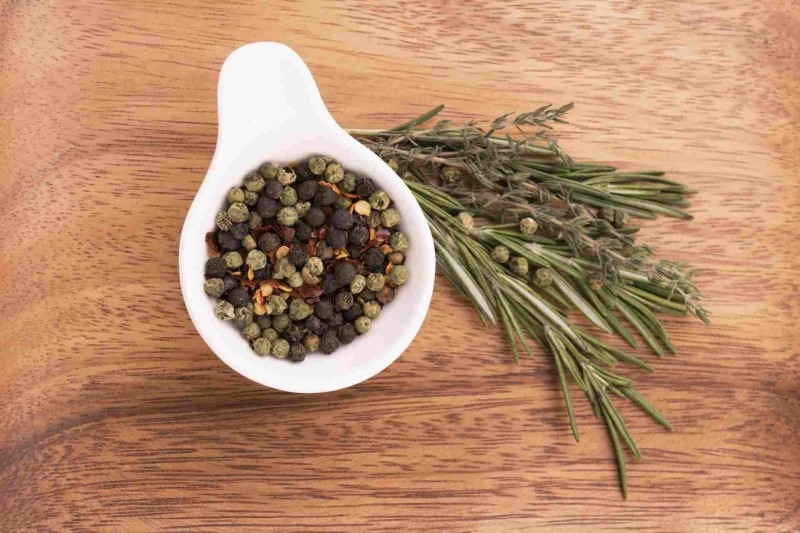Plant-based foods are here to help you on every journey. Reduce your risk of heart disease, manage diabetes, or even protect your brain from conditions like dementia.
So, can we say that a plant-based diet is more than just a trend? Yes – we are saying this as it’s a way to improve your health and fight chronic diseases.
In this article, we’ll explore how plant-based eating can combat chronic diseases and improve your overall health. So, stay tuned with us to find out many informational insights here about plant-based diets.
1- Heart Disease and Plant-Based Eating
Cardiovascular diseases are one of the most common chronic diseases. What if we say that a plant-based diet can significantly lower your risk?
Yes – it is true that foods like fruits, vegetables, whole grains, and nuts are rich in fiber and antioxidants. As a result, they are known best to lower cholesterol and reduce inflammation in the body.
That is why, many healthcare experts focus on such diets because they also claim these plant-based foods work together to keep your heart healthy. So, you all have a reduced risk of heart attacks and strokes.
2- Diabetes and Weight Management
Another benefit of a plant-based diet is its ability to prevent and manage diabetes. It is said that vegan diets are very helpful in the regulation of blood sugar levels and insulin sensitivity.
There are many foods like beans, lentils, and whole grains that are high in fiber which slows down sugar absorption into the bloodstream. So, if you simply intake them properly then you can easily manage your blood sugar levels and maintain a healthy weight.
Additionally, a plant-based diet which is naturally lower in unhealthy fats is often found in animal products. So, if one simply cuts back on these then it will help them to control their weight.
3- Brain Health and Dementia
You might be surprised to learn that plant-based diets can even protect your brain. Research suggests that plant-based foods can reduce the risk of dementia. Do you know why?
Vegan diets that are rich in fruits, vegetables, nuts, and seeds. That is why all of them are full of antioxidants that protect your brain from oxidative stress.
However, it is also important to mention that oxidative stress is one of the key factors in age-related cognitive decline. Therefore, it is not wrong to say that plant sources can support brain health and reduce the risk of dementia.
You may also hear that vegan diet and dementia are connected through the protective effects of plant-based foods. Just because they both play an important role in the nourishment of our brain health. So, why not add them to your lifestyle to enjoy mental clarity and high cognitive functioning?
4- Autoimmune Diseases
Another area where plant-based diets shine is in the management of autoimmune diseases. It is worth knowing that a plant-based diet and autoimmune disease management go hand in hand.
There are many autoimmune conditions, like rheumatoid arthritis which often involve inflammation in the body.
In such cases, plant-based foods that are naturally anti-inflammatory in nature reduce the symptoms of these diseases. That is why healthcare experts recommend a lot to use of foods like turmeric, ginger, and leafy greens for soothing inflammation.
5- Foods That Heal
Many people don’t realize that some foods are known for their healing properties. It is also a fact that plant-based foods have a special power to fight chronic diseases.
For instance, tomatoes, berries, and cruciferous vegetables like broccoli are known as the best antioxidants. Because all of them have free radicals that fight against diseases like cancer.
It is believed that in ancient times, people used these plant-based foods to cure diseases. Keep in mind all of them work great as superfood supplements to support your body's natural healing processes.
6- Healthful Vs Healthy Eating
Now, you might be wondering about what’s the difference between “healthful” and “healthy” foods. While it is important to mention here that both terms are often used interchangeably they have subtle differences.
“Healthy” generally refers to foods that are good for you, like fruits and vegetables. “Healthful,” on the other hand includes foods that contribute to your overall health. So, you should add them to your lifestyle for the best results. Got the point?
Bottom Line
Plant-based diets offer a more powerful solution to combat chronic diseases. So, if you're looking to improve your health and protect your body from chronic diseases, it is surely a great approach to consider more plant-based choices.
With foods that cure disease and a diet that supports overall well-being, you’ll be taking a step toward a healthier and happier future.
